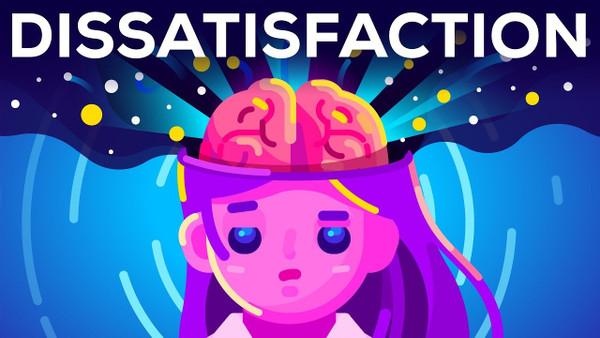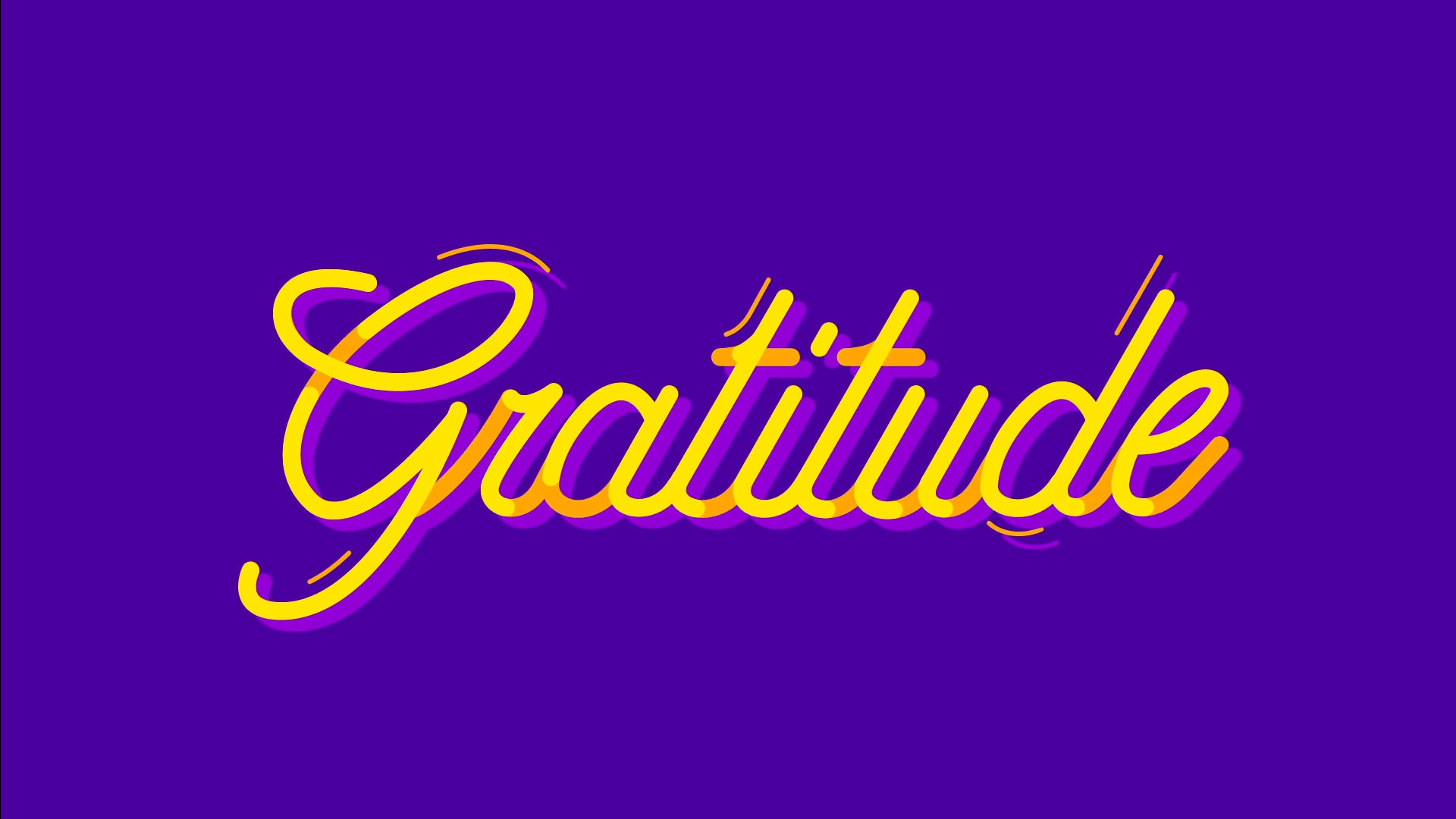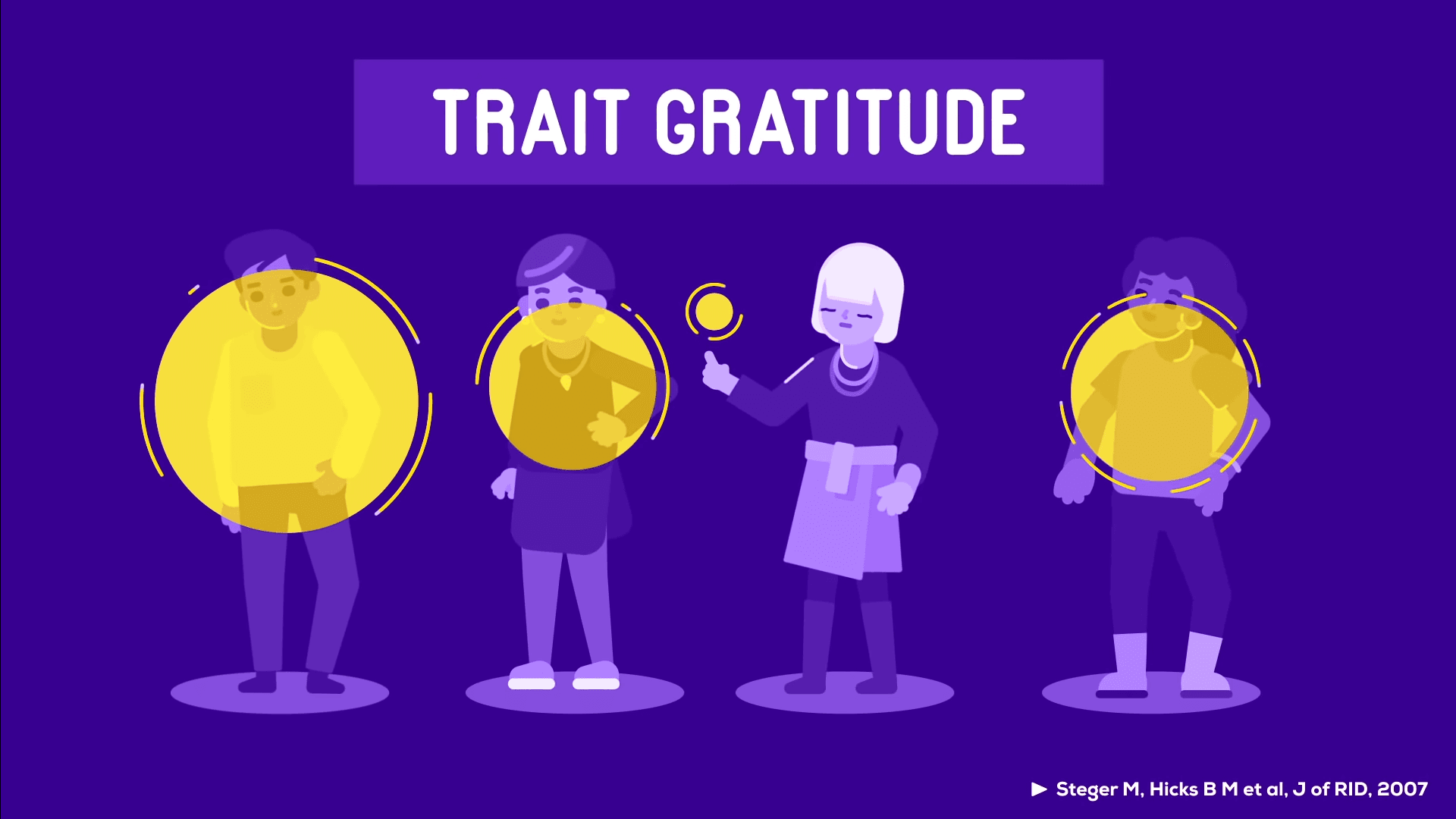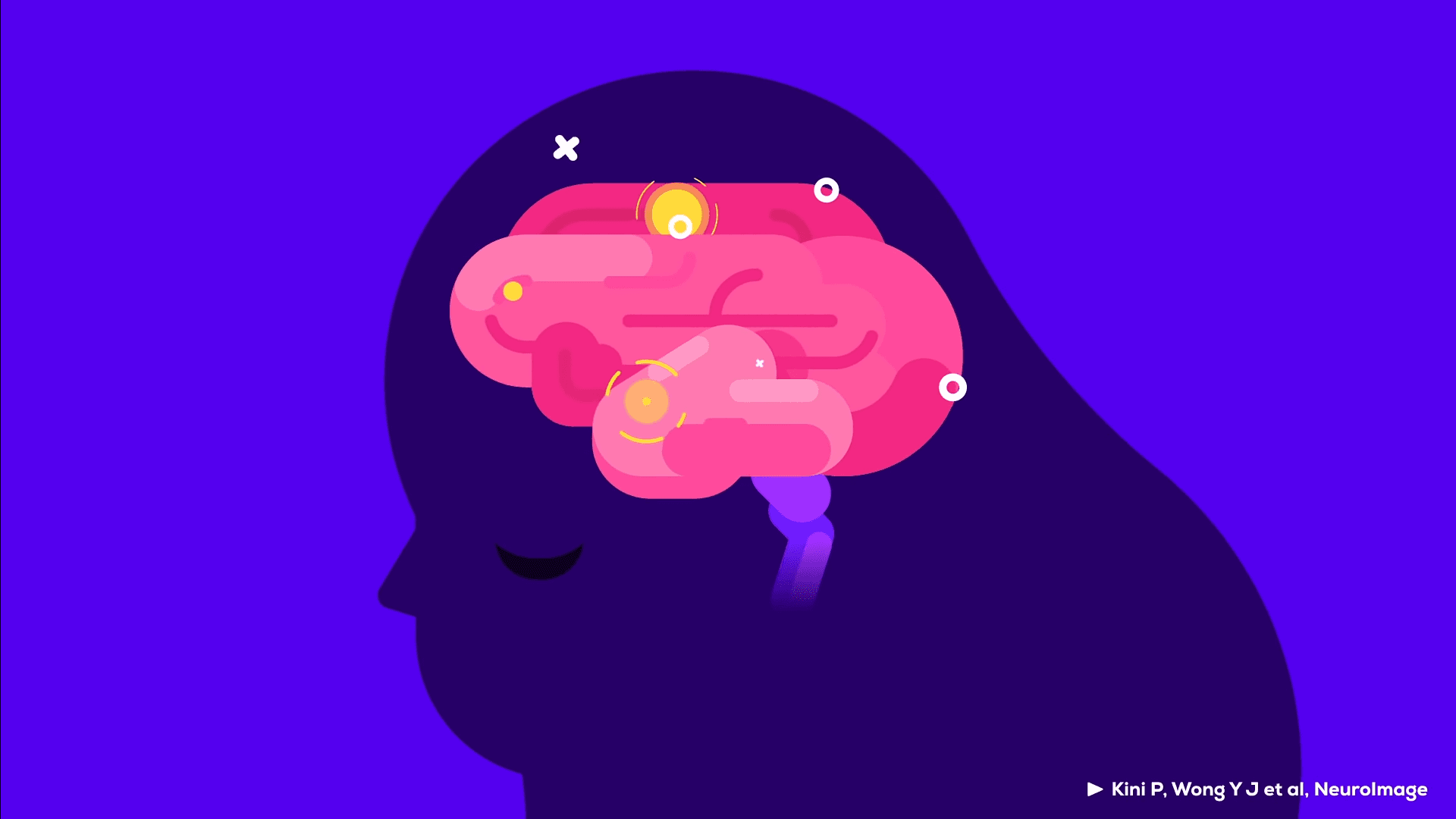Explore the World's Best Ideas
Join today and uncover 100+ curated journeys from 50+ topics. Unlock access to our mobile app with extensive features.
Dissatisfaction
Everybody is familiar with the feeling that things are not as they should be. That you're not successful enough or don't have good relationships. A chronic dissatisfaction makes you look outward with envy and inwards with disappointment. Pop culture, social media and advertising makes this worse and many self-help products imply that it's your fault for not working hard enough on yourself.
It turns out that one of the strongest predictors of how happy people are, and how good they are at dealing with hardships is: Gratitude.
66
402 reads
Gratitude
Gratitude can mean very different things to different people in different contexts. It's a character trait, a feeling, a virtue, and a behavior. You can feel grateful towards someone who did something for you, for random events, like the weather, or even for nature or fate, and it's wired into our biology.
62
406 reads
1. How Gratitude Connects Us To Each Other
Gratitude likely evolved as a biological signal that motivates animals to exchange things for their mutual benefit and can be found in the animal kingdom, especially in primates. When your brain recognizes that someone's done something nice for you, it reacts with gratitude to motivate you to repay them. As human brains got better at reading emotions, selfish individuals were identified and shunned. It became an evolutionary advantage to play well with others. This brought your ancestors closer together and forged bonds and friendships.
59
231 reads
2. The Consequences Of Gratitude
Gratitude stimulates the pathways in your brain involved in feelings of reward, forming social bonds and interpreting other's emotions.
Gratitude also counteracts negative feelings and traits, like envy, narcissism, cynicism and materialism.
Gratitude refocuses your attention towards the good things you have, and the consequences of this shift are better feelings and more positive experiences. So people who are grateful tend to be more happier and satisfied.
61
217 reads
3. How To Make Your Brain More Grateful?
Everyone has something called "trait gratitude" that determines how much you are able to feel it. It depends on your genetics, personality, and culture. It's not yet entirely clear to what degree gratitude can be trained or how long the effects last. Gratitude should also not be seen as a solution to depression or a substitute for professional help. The easiest gratitude exercise, with the most solid research behind it, is gratitude journaling.
59
228 reads
Gratitude Journaling
It means writing down 5-10 things you're grateful for, for 1-3 days a week. It could be a little thing like a cup of coffee, or a person in your life or an act of kindness.
In many studies, the participants reported more happiness and a higher general life satisfaction after doing this practice for a few weeks. And have even found changes in brain activity some months after they ended.
In the end, how you experience life is a representation of what you believe about it. If you attack your core beliefs about yourself and your life, you can change your thoughts and feelings, which automatically changes your behavior.
76
331 reads
IDEAS CURATED BY
Purvankit khadatkar's ideas are part of this journey:
Learn more about personaldevelopment with this collection
How to overcome fear of rejection
How to embrace vulnerability
Why vulnerability is important for personal growth
Related collections
Similar ideas
3 ideas
The Origin of Consciousness – How Unaware Things Became Aware
Kurzgesagt – In a Nutshell
7 ideas
Loneliness
Kurzgesagt – In a Nutshell
4 ideas
Banking Explained – Money and Credit
Kurzgesagt – In a Nutshell
Read & Learn
20x Faster
without
deepstash
with
deepstash
with
deepstash
Personalized microlearning
—
100+ Learning Journeys
—
Access to 200,000+ ideas
—
Access to the mobile app
—
Unlimited idea saving
—
—
Unlimited history
—
—
Unlimited listening to ideas
—
—
Downloading & offline access
—
—
Supercharge your mind with one idea per day
Enter your email and spend 1 minute every day to learn something new.
I agree to receive email updates






